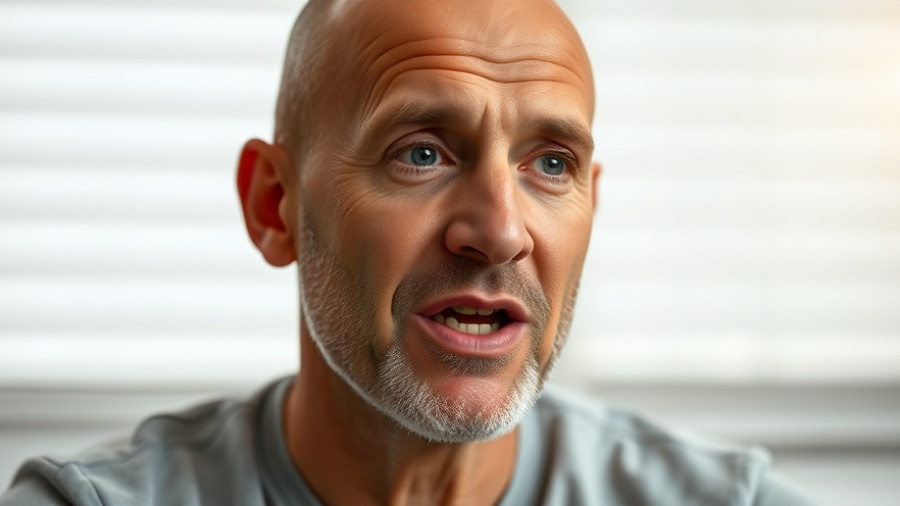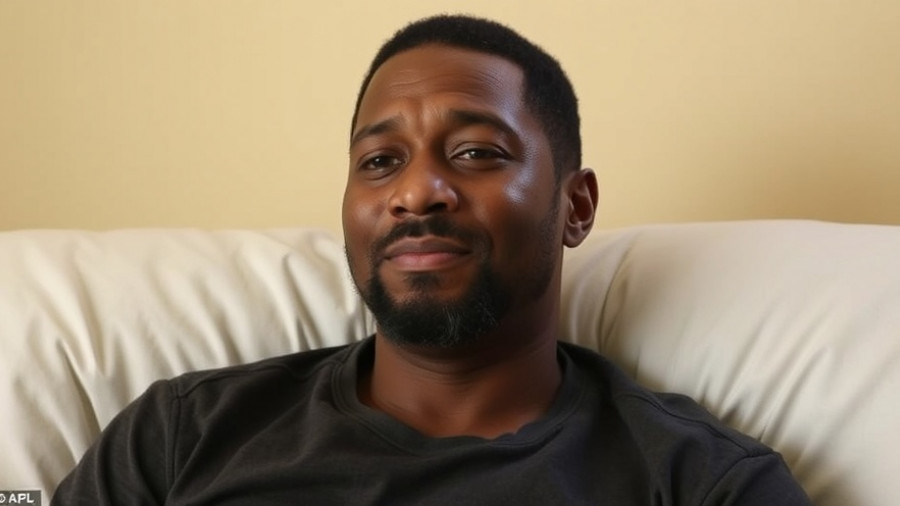
Understanding the Most Painful Medical Conditions
As parents, it’s natural to worry about our loved ones’ health. One of the scariest things is the thought of them experiencing intense pain due to a medical condition. Knowing which conditions are the most painful can help us be more vigilant and proactive in seeking proper care and support.
1. Cluster Headaches: The Worst of Headaches
Cluster headaches are one of the most painful conditions that exist. Often referred to as "suicide headaches," these episodes can cause excruciating pain, usually around one eye. They occur in clusters for weeks or months at a time, and can strike suddenly and without warning, making it crucial for sufferers to identify triggers and have treatment ready on hand.
2. Shingles: Pain and Rash
Shingles, caused by the varicella zoster virus, can lead to devastating bouts of pain that often linger long after the rash has healed. Parents must ensure that children are vaccinated against chickenpox to reduce the risk of shingles later in life. Understanding the implications of this condition is essential for preventative health.
3. Trigeminal Neuralgia: Face Pain
This neurological condition leads to sudden, extreme face pain that can be triggered by the simplest actions such as chewing or brushing your teeth. The pain can be so severe that it disrupts everyday activities. It’s vital for caregivers to recognize symptoms early and seek medical advice.
4. Fibromyalgia: Widespread Pain
Fibromyalgia leads to widespread muscle pain and fatigue, often making daily tasks seem impossible. For parents who deal with this condition, adequate support and understanding from family and friends can make a significant difference in managing the daily struggles.
5. Osteoarthritis: Joint Pain
Osteoarthritis is a common degenerative joint disease that results in chronic pain and stiffness. Parents might find themselves dealing with this condition as they age, making it even more important to promote fitness and healthy nutrition to prevent worsening conditions.
6. Cancer Pain: A Heavy Burden
Cancer can cause varied levels of pain depending on the type and stage. Understanding potential discomfort and ensuring access to pain management resources can help families navigate through this tough journey together.
7. Sickle Cell Disease: An Inherited Challenge
Inherited from parents, this condition results in painful crises that cause extreme pain due to the obstruction of blood flow. Knowledge about the condition can help caregivers make informed decisions about treatment and lifestyle adjustments.
8. Migraines: More Than a Bad Headache
Migraines can lead to debilitating pain along with nausea and sensitivity to light or sound. Parents who suffer from migraines need to manage their triggers and ensure their family understands the seriousness of the condition.
9. Complex Regional Pain Syndrome: Phantom Pain
This syndrome can cause persistent pain in a limb after an injury. Understanding this frustrating condition is pivotal for parents, who may need to advocate for their children’s care amidst a constellation of varying symptoms.
10. Post-Surgical Pain: The Aftermath
Getting surgery often leads to post-surgical pain, which can be intense. Parents should be prepared for this and understand the importance of following aftercare instructions to facilitate better recovery.
Basic Prevention and Care Strategies
As we better understand these conditions, it's essential to foster a supportive environment. Engaging in healthy nutrition, promoting physical activity, and emphasizing mental health can create a foundation for well-being. Simple steps like making healthy meals, staying active as a family, and ensuring open conversations around health can greatly benefit both parents and children.
Why This Knowledge Is Vital
Knowing about these painful conditions is not just about reacting to pain; it’s about preparing, preventing, and supporting our loved ones through their health journeys. The emotional toll of witnessing someone suffer from any of these painful conditions can profoundly impact families, making education and early intervention key.
Empower Yourself with Knowledge
Parents should arm themselves with information n about these painful medical conditions and advocate for their children's health. Whether it involves discussing healthcare access or pursuing a diagnosis, understanding is critical.
 Add Row
Add Row  Add
Add 




Write A Comment